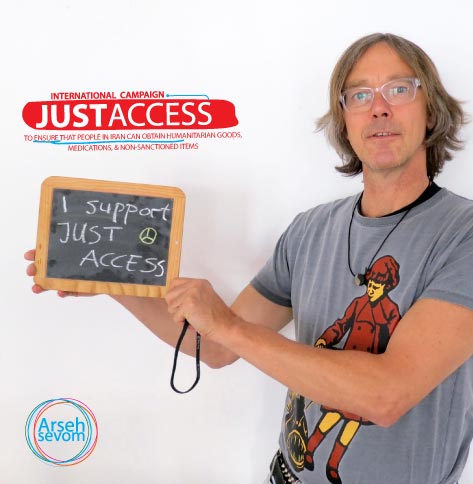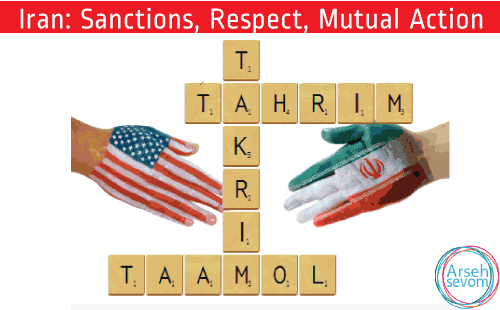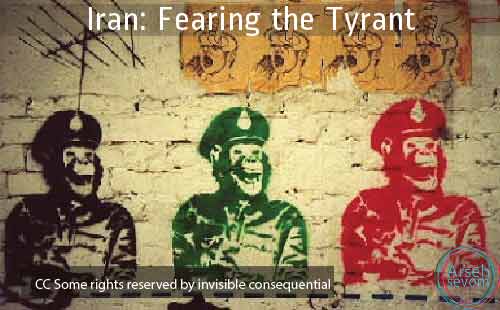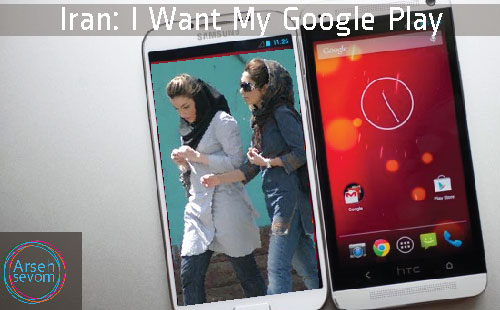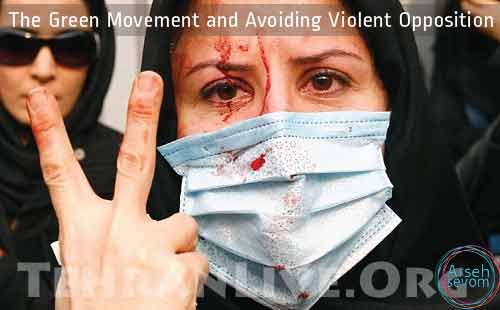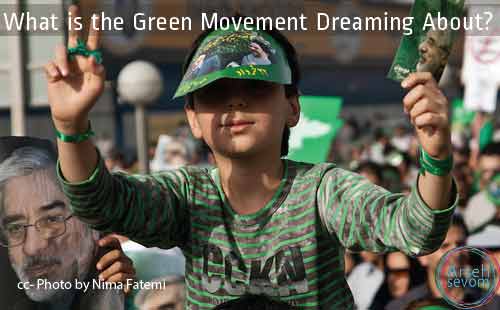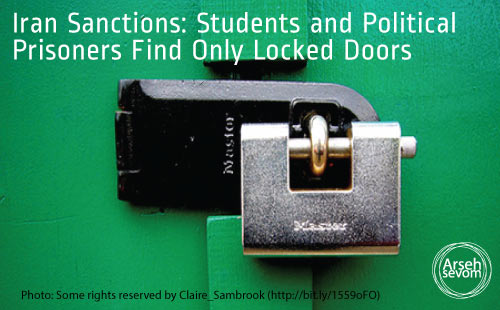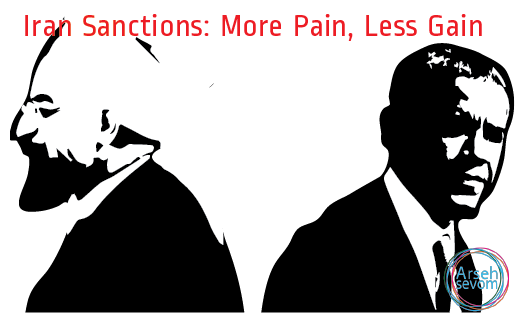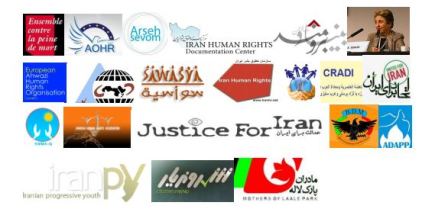September 15, 2013
- All
- Advocacy
- Annual Report
- Arseh Sevom 2017
- Attack on civil society
- Bani-Adam - Anti-Discrimination
- Bits of news
- Civil Society
- Civil Society Cookbook
- Civil Society Watch
- Contributors (Issue #1)
- Contributors (Issue #2)
- Dar Sahn
- Elections
- Environment
- Featured
- Featured Topics
- Free Speech
- Guardian Council Profiles
- Halal Internet
- HIV/AIDS
- House of Cinema
- In the news
- Infographic
- Jobs
- Jobs & Internships
- Magazine
- Networking Issue
- Newsletter
- Obstacles to Democracy
- Other Voices
- Other's Reports
- Post of the Week
- Press
- Publications
- Reports
- Research
- Resources
- Sanctions
- Simple Security
- single-page
- Statements
- Training
- What's Next?
- Woman, Life, Freedom
September 9, 2013
Arseh Sevom--While the war in Syria may become an international war soon, Iran and America have been engaged in some pre-diplomatic word games. Will Ta'amol, the Persian word for mutual action, enter the language the way that the Russian word Glasnost (openness) has? A European Court ruling has challenged the inclusion of seven Iranian companies on the sanctions list. Rouhani is looking at tourism (Glasnost?) as a way of growing Iran's feeble economy, and a Singaporean photographer may prove to be the new industry's unofficial spokesperson. Workers in Iran suffer the combined effects of bad policy and economic sanctions. Finally, Iran's foreign minister tweets Rosh Hashana wishes.
September 3, 2013
Arseh Sevom--The final post of a three-part series summarizing the Hivos report, The Green Movement: Seizing the State or Democratizing Society, examines the long struggle for democracy in Iran and the stunted growth of its civil society. Editor Shervin Nekuee states that "The most essential question these citizens have to deal with is whether they are capable of preventing the arrival of yet another tyrant..." Civil Society activist Sohrab Razzaghi says, “The fundamental issue is that the idea of a civil society is not yet considered a social project among Iranian intelligentsia and social forces [...]”
September 2, 2013
Arseh Sevom -- Budget shortfalls have wreaked havoc on the state of Iran's healthcare, which is facing more than one billion euros of debt. Since sanctions were loosened on personal electronics, Iranians can now buy iPhones and Androids. Social Media is not just for opposition anymore as Iran's politicians find their way on to Facebook and Twitter. Membership in the World Trade Association (WTO) is still a distant dream for Iran as is freedom for the leaders of Iran's Green Movement. Somehow, however, Iran has found a way to fulfill the dream of a base on Antarctica.
August 28, 2013
Arseh Sevom--The presence of women in the public demonstrations of the Green Movement before and after Iran's 2009 presidential elections was undeniable. They were on the front lines, in public, advocating for change. Their voices were strong during the nightly chants from Tehran's rooftops. The non-hierarchical structure of the womens' movement and its long history building coalitions among people with different political ideologies was key for the dispersed leadership of the Green Movement. While the women's movement may have contributed to the discourse on non-violence, violence is unavoidable for a resistance movement writes author Ammar Maleki in his contribution. He writes, “Civil resistance avoids violence, but it never escapes it; if that were the case then it would never be resistance.” In this short piece, chapters two and three of the Hivos report, The Green Movement: Seizing the State or Democratizing Society, are summarized. This is part two of a three-part series.
August 26, 2013
Arseh Sevom -- In a recent Hivos report examining Iran's Green Movement since the 2009 presidential campaign until now, researchers and activists reflect on different aspects of the movement. This is the first of several posts summarizing the content of the report.
August 20, 2013
Arseh Sevom --For many civil society actors in Iran, the economic sanctions imposed by the United States and the international community have multiplied the hardships they face from their own antagonistic government. Sometimes it can feel as though all the doors around you find are locked. Over the past couple of weeks, a new sanctions have been imposed by the US congress. A group of political prisoners wrote an open letter to Barak Obama asking for an end to the sanctions. Iranians who want to study certain fields in the US have been met with closed doors due to the most recent round of sanctions. The costs of medications and medical treatments have soared over the past few years in Iran, while the value of the currency has plummeted. In an interesting development, confirmation hearings for President Rouhani's cabinet nominees were broadcast on Iranian state television. Finally, Iran marks sixty years since a coup organized by the CIA and the British ousted Iran's Prime Minister.
August 12, 2013
It seems that the least productive U.S. congress in more than 50 years, agrees on one thing: loading sanctions upon sanction on Iran. The new laws seem to be counter-productive, are hurting ordinary Iranians, and harm chances for negotiations. Iranian researchers are cut off from scientific publishing. Patients are finding it more and more difficult to not only find medication, but get coverage for it with their insurance as well. Arseh Sevom’s Peyman Majidzadeh provides a round-up in his current overview, expressing his concern and frustration with the contradiction between the expressed intentions of the imposed sanctions and the harsh realities that result.
August 12, 2013
Arseh Sevom has joined a number of organizations in calling for the release of five Azerbaijani activists unfairly imprisoned. In protest of their conditions, they began a hunger strike more than four weeks ago and are currently in critical condition. They are among many others who find themselves unfairly convicted for advocating for rights often guaranteed by Iran's own constitution.


